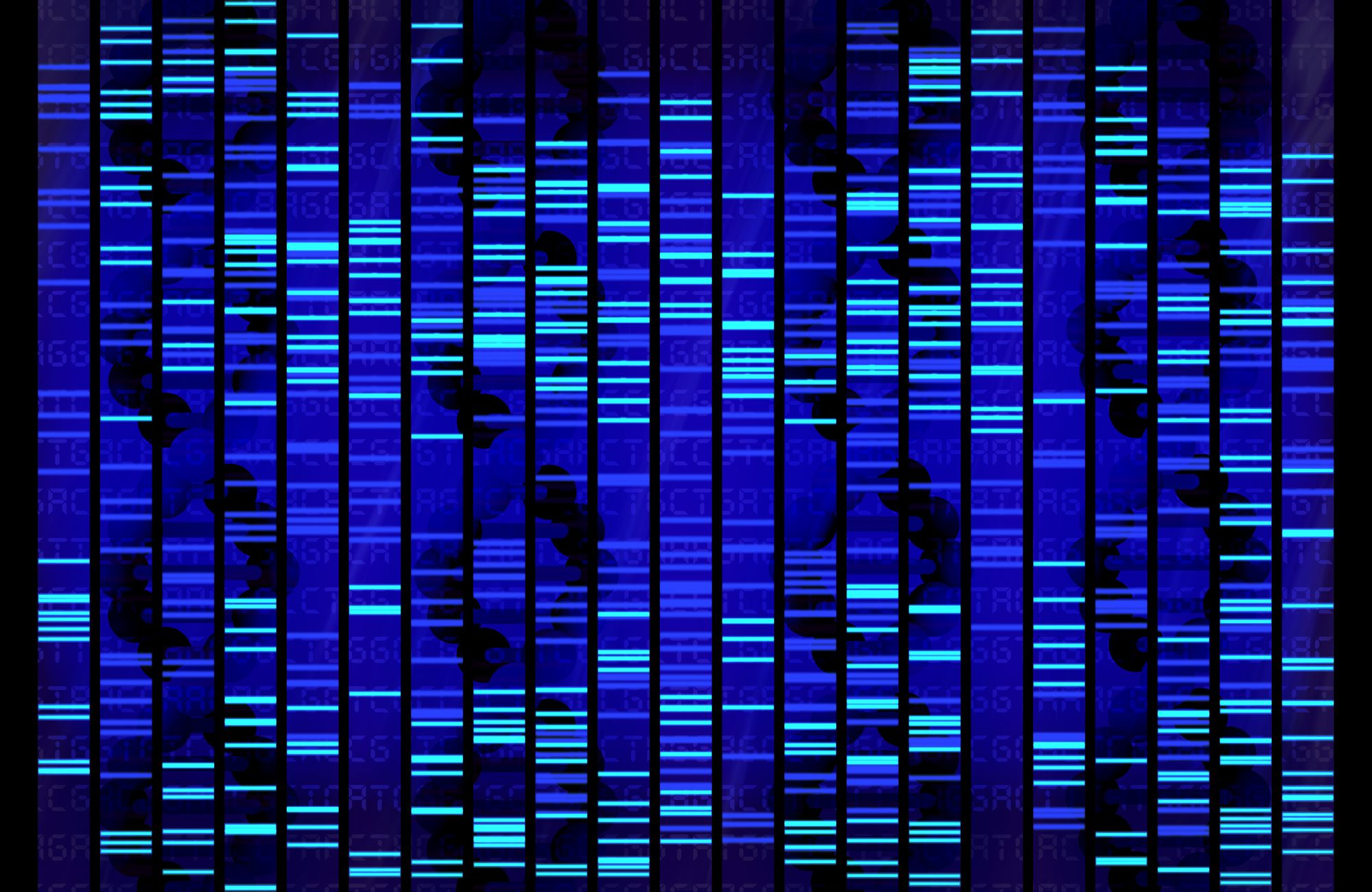FidoCure Brings Precision Medicine to the Forefront of Canine Cancer
One out of four pet dogs will be diagnosed with cancer throughout their lifetime. With nearly 6 million new canine cancer diagnoses each year, there is an urgent need for advanced treatments. Fortunately, FidoCure introduces advanced options into the cancer treatment toolbox for veterinarians and dogs, offering hope for improved outcomes.
FidoCure® analyzed the genomic landscape of canine hemangiosarcoma (HSA), an aggressive canine cancer. The study, published in Veterinary and Comparative Oncology, revealed common genetic changes in the TP53, NRAS, and PIK3CA genes among dogs with HSA. Crucially, mutations in these genes play key roles in cell growth, division, and cancer development. Additionally, the study found that patient overall survival was linked to cancer spread at diagnosis and/or inherited genetic changes in the SETD2 and NOTCH1 genes. Leveraging FidoCure®, this pioneering research identified connections between genetic alterations and factors like age, breed, and survival time, highlighting opportunities for added prognostic guidance and new targeted treatment strategies.
Remarkably, a first-of-its-kind Nature Scientific Reports study demonstrated an unprecedented similarity between canine and human cancers in the largest canine tumor sequencing effort to date, delivering never-before-seen results. By comparing over 42,000 genetic mutations across nearly 700 dog tumor samples and 25,000 human tumors, this groundbreaking study unveiled an overlap in key cancer-driving mutations shared by both species. Significantly, many of these shared mutations can potentially be targeted by existing or forthcoming cancer drugs.
This revolutionary discovery showcases FidoCure's power to improve canine cancer care through precision treatments originally developed for humans. While veterinarians treat hundreds of thousands of canine cancer patients yearly, routine tumor sequencing remains rare. FidoCure's genomic platform empowers vets to collect vital genomic data, accelerating our grasp of the human-canine cancer link while improving pet access to precision drugs.
Moreover, a Nature Precision Oncology study examined the outcomes of 2,119 companion canine cancer patients and the prognostic effects of genomic alterations in a subset of 1,108 of those pets. Remarkably, the data identified several key genes shared by humans and dogs—including TP53 and PIK3CA—that are associated with canine cancer patient's prognosis based on its genetic mutation profile. Furthermore, the study discovered that several small molecule drugs developed for humans resulted in dramatically improved—and statistically significant—survival times in canine patients with cancers that differed from the drug's original indication. In other words, by using artificial intelligence to analyze large-scale genomic datasets from pet dogs with cancer, the researchers were able to identify new lifesaving applications for existing cancer drugs.
By enabling access for canine patients to FDA-approved human cancer drugs and tracking outcomes, the study identified three specific mutation-treatment combinations that were associated with improved patient survival. The study also underscored how "off-target" treatments for canine cancer patients can reveal promising new gene-drug combinations capable of extending life expectancy, highlighting the potential for repurposed therapies to open novel therapeutic avenues benefiting both canine and human cancer patients.
In conclusion, FidoCure is leading the charge in providing precision medicine to pets battling canine cancer. Through groundbreaking cancer research, uncovering human-canine cancer similarities, and pioneering the use of targeted human therapies in dogs, FidoCure is paving the way for veterinarians and pet owners to access the cutting-edge cancer treatments dogs deserve. Consult your veterinarian to determine if they use FidoCure in their practice and whether it is the right fit for your dog.


